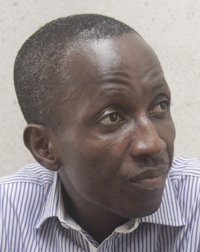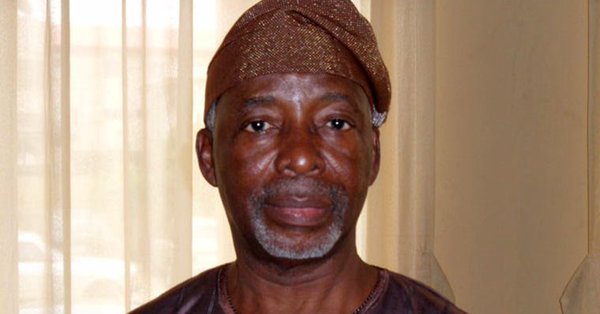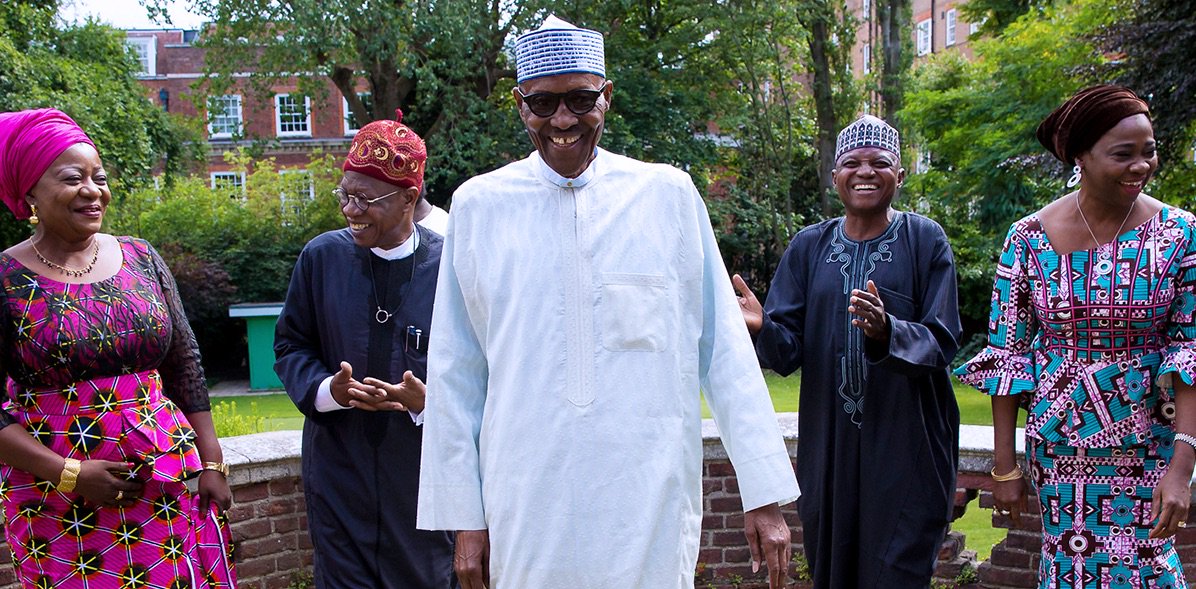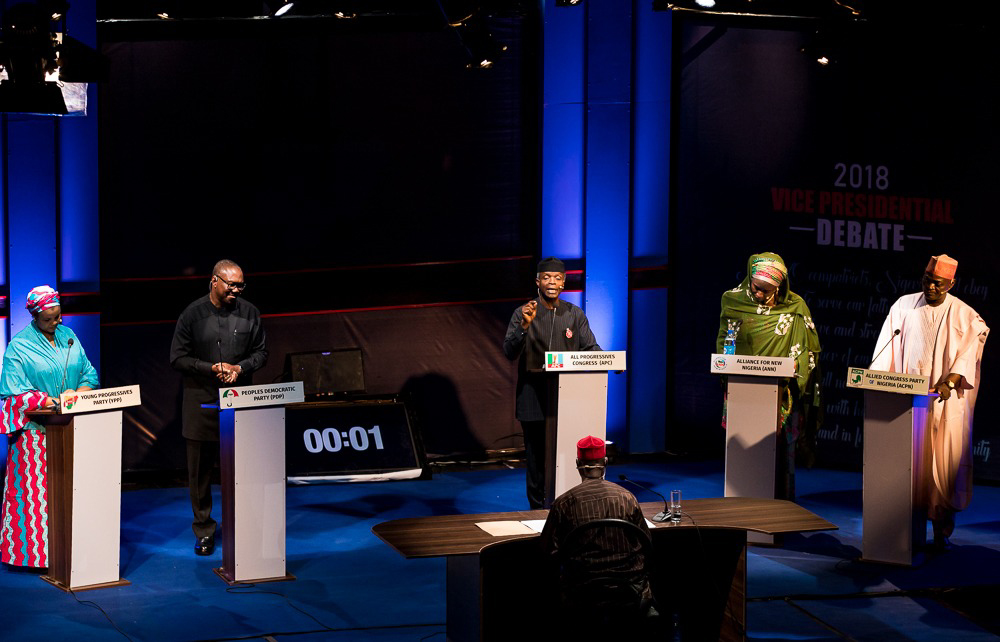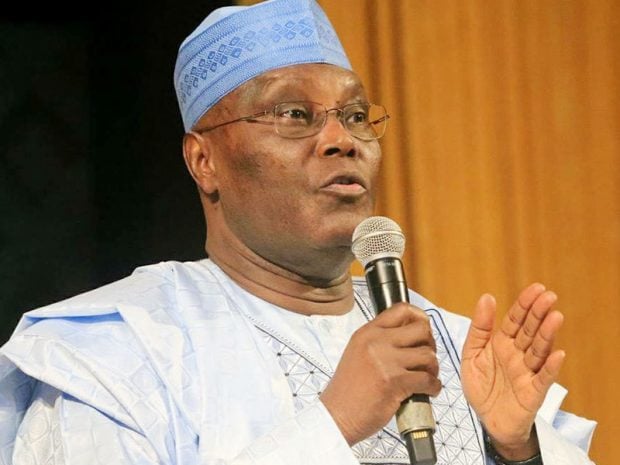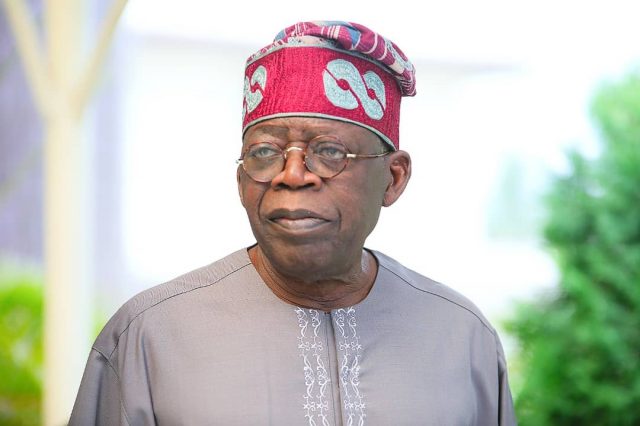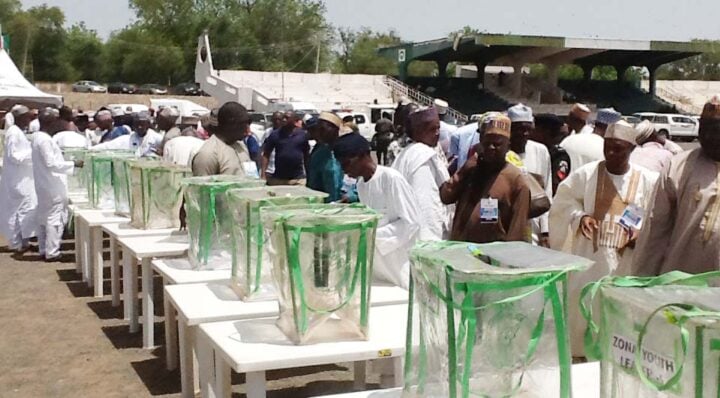Dr. Frederick Isiotan Fasehun was a marker in my life and journalism career as well. Unfortunately, we did not have our planned meeting before he died on December 1 at the intensive care unit of the Lagos State University Teaching, Ikeja.
I first met him in June 1998, shortly after he was released from detention where he was for 19 months. He was part of the activists, journalists and politicians arrested by the Abacha junta for his involvement in the battle against the June 12, 1993 presidential election annulment. He was also a politician having contested under the Ibrahim Babangida ‘Option A4’ presidential primaries. Subsequently, he established Oodua Peoples Congress, OPC, solely for the actualization of the Moshood Abiola mandate that was annulled in 1993. Consequently, Fasehun would be defined by his role in OPC and not only for his medical career and acupuncture of which his Besthope Hospital and Acupuncture Centre in Mushin remains a reference point for acupuncture practice in Africa.
I cannot recall how I ended up being assigned to interview him that day but I remember that other senior colleagues had taken their pick of who to interview among the detainees. Not knowing how to locate him, I was directed to check his hospital first and I met him there. The detention had taken a terrible toll on him but I was surprised to meet a soft-spoken and gentlemen par excellence who went out of his way to make me comfortable. He offered me the biscuit that was on his table which I declined as I’ve been taught that work first before food and I told him so, he gave me the entire pack after the interview and we agreed on when to come back with a photographer for his pictures. The story was published and he subsequently sent for me, congratulating me on what he said was a fair representation of the interview.
We subsequently became closer and I will often saunter in to the hospital sometimes just to chat with him. The family thereafter prevailed on him to relocate the OPC aspect of his life to Century Hotel in Okota, which he owns, while the hospital continues with its business of saving lives. I will not forget his intervention in two critical moments of my life and these later cemented our relationship. Late 1998, a relative I was living with then suddenly asked me to move out at short notice, this devastated me so much that he noticed my countenance when next I visited him. Reluctantly I told him the reason and he sent me to his brother, where a room was vacant in a three bedroom flat. Of course I paid, but the rent was minimal and I found myself sharing the flat with a nurse working in his hospital and another young man like me.
Advertisement
The second was his decision to hire my wife in 2003 as accountant in Century Hotel thereby affording her the opportunity of branching out into hospitality industry.This was also after a family bereavement, offering her an avenue to channel her energy to other pursuits.
My access to him offered me a front row seat in reporting the OPC crises – the battle with some Hausa and the internal crisis that led to its breakage. It was always difficult for me to reconcile his soft spoken demeanor and gentle disposition with his leadership of a firebrand organization like OPC and many, aware of my closeness to him, asked several times if I witnessed anything extraordinary whenever I visited him. He was a much stronger person than people were willing to give him credit and positively stubborn too as he doggedly pursues whichever course of action he sets his mind on. But he loved people too, especially younger ones, and that’s why they were always milling round him. He started Movement for Social and Economic justice (MOSEJ) with other young people; the group was involved in the battle against the 1993 election annulment also.
I remember the day two naval commodores came to apply to join OPC and how he screened them with others to be sure they were not spies. There was also the day a woman came from Ikare with a big calabash which she said contain bees – Oyin aye– as she called it threatening to release it as a demonstration. He pleaded with her to please carry the calabash away as there were better ways to deal with enemies. He did not succumb to our attempt at pitching him against his kinsman, Gani Fawehinmi, after the fiery lawyer criticized him publicly on the OPC crisis. He said he couldn’t forget how Gani appeared on his behalf in court under the Abacha era pro bono even when his regular lawyer did not know where he was taken to then.
Advertisement
He rarely goes back on his words and I experience this in many instances. Two stood out. A senior asked me to utilize my access to him to write his biography and I proposed this to him. He told me I was late, as he had already consented to another person writing it. I felt bad and even while he conceded that I might likely do a better job, he could not afford to go back on his word. The other time was when he spent just 30 minutes at my wedding having agreed to chair the reception at another wedding that same day. While we disagreed on his embrace of Abacha’s former chief security officer, he was a jolly good man. I will surely miss him and the strange concoction of food that he loved to eat. Fare thee well, Dr. Fasehun.
Views expressed by contributors are strictly personal and not of TheCable.
Add a comment
